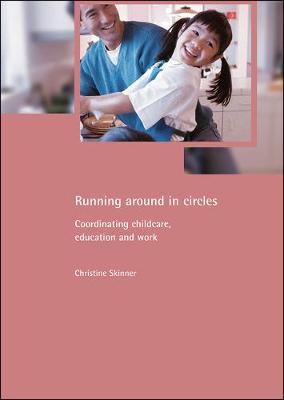Family and Work
1 total work
There has been a long-standing interest in the barriers to paid employment presented by inadequate and costly childcare services. Yet little research has been done to explore how families manage to coordinate childcare services and whether this could also act as a barrier to employment. Drawing on detailed interviews with mothers, this study explores how parents manage to coordinate the childcare and educational needs of all children in the family with their working arrangements. Uniquely, it adopts a family unit perspective to consider how these needs are managed. Questions addressed include: How do working parents' coordinate childcare and educational needs for their children? How do working parents dovetail these services with employment to provide seamless daily care for children? How does the coordination function affect mothers' choices in relation to returning to paid employment and working hours? This is a timely study given the growing policy emphasis on encouraging parental employment as a means to tackle child poverty.
The report will be of interest to policy makers at the national and local level (especially Early Years Development and Childcare Partnerships) as well as service providers, academics, students and researchers with an interest in reconciling work and family life.
The report will be of interest to policy makers at the national and local level (especially Early Years Development and Childcare Partnerships) as well as service providers, academics, students and researchers with an interest in reconciling work and family life.
